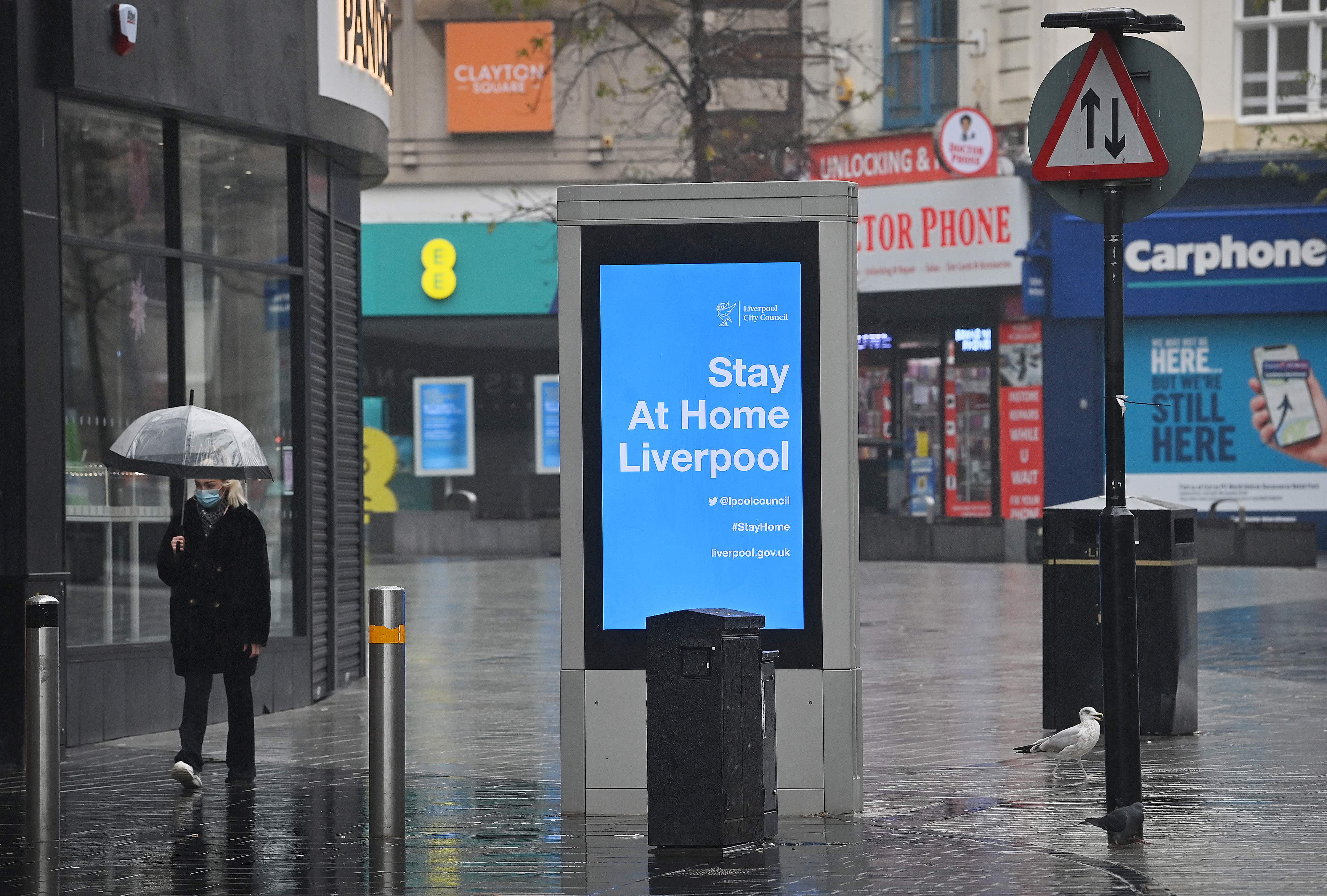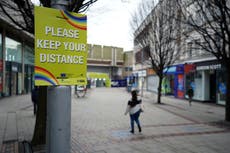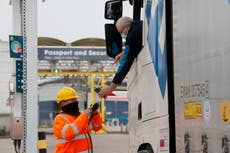Middle-aged men driving Covid infections in Liverpool, expert says
He urges residents to undergo testing and self-isolate if possible

Middle-aged men in Liverpool are most likely to contract the coronavirus, the city’s director of public health has said, urging essential workers to undergo rapid coronavirus testing and self-isolate if positive.
Analysis showed that men aged between 40 to 59 were catching the virus in the highest numbers, a council spokesperson said, and there are fears that they could be unknowingly spreading Covid-19 in their workplace or in their household.
The city has seen a fall in infection levels since January, director of public health Matthew Ashton said, but the decline has stalled in recent days. He said that the city needs it “to get a lot lower” in order to be in a “good position” when lockdown ends.
Mr Ashton said: “January was absolutely horrendous in terms of infection rates and the pressure on the NHS and social care system, and I am hopeful that we have now passed the worst of it.
“The rollout of the vaccine is going really well, but the reality is that it will take many months for us to immunise a large proportion of the population. In the meantime, we have to continue to do all the things we have been doing such as social distancing, wearing face coverings and getting tested regularly if we are going out to work.
He added: “We know from some analysis of the data that middle-aged men are driving the infection rate in some areas. That is why testing, and self-isolating if you test positive, are so important.”
The director of public health encouraged people to “give it a huge push” over the next four weeks in order to get the city in a position to enjoy more freedom once the government decides to ease lockdown restrictions.
Boris Johnson is set to outline the government’s roadmap out of lockdown on 22 February, with a view to schools reopening in March, although this is dependent on data on Covid cases and vaccinations.
Authorities in Liverpool are also urging people who have to leave their homes for work or education to have tests every five to seven days at symptom-free test centres or via their employers.
However, the take-up of rapid lateral flow tests (which aim to catch asymptomatic cases) has varied according to income levels. People living in deprived areas in the north of the city are far less likely to take a test as they cannot afford to isolate if they get sick.
Meanwhile, in Knowsley – one of the boroughs hit hardest by Covid – the Liverpool Echo reported that almost two-thirds of people applying for financial help self-isolating were turned down.
Ministers have been accused of failing to do enough to tackle the impact of coronavirus on the poorest in society after analysis found that seven out of nine regions in England saw an uneven fall in Covid cases between the richest and poorest areas throughout January.
Join our commenting forum
Join thought-provoking conversations, follow other Independent readers and see their replies
Comments




Bookmark popover
Removed from bookmarks